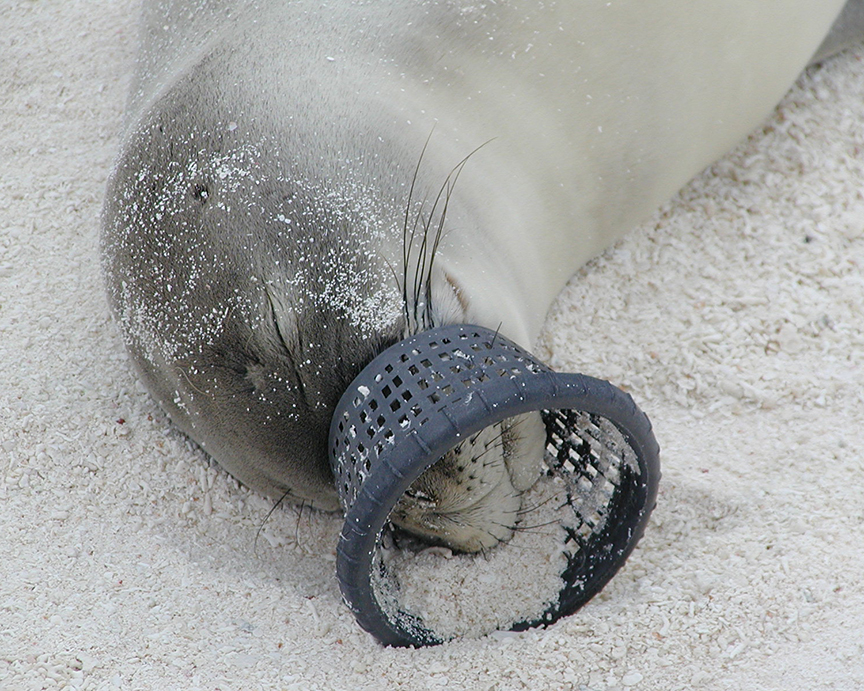
Research team in lava tube. Photo courtesy of UH
A University of Hawaiʻi at Mānoa professor’s research of lava tube animals earned her a prime spot on a new PBS documentary, “Living Volcanoes,” according to a recent UH news release.
Megan Porter, an associate professor in the Department of Biology in the College of Natural Sciences, discovered that lava tubes on different parts of the Big Island harbor numerous species that are new to science.
One of these unique animals, called a “thread-legged bug,” is particularly rare and was featured on film for the first time. The documentary explores how life adapts and thrives in the shadow of active volcanoes.
With colleagues Annette Engel from The University of Tennessee Knoxville, Christy Slay from The Sustainability Consortium, and Mike Slay from The Nature Conservancy, Porter has been documenting unique animals found in the lava tubes of Hawaiʻi Island. In particular, Porter is studying animals living inside the volcano in lava tubes — the tunnels left behind after lava has stopped flowing.

Thread-legged bug, Nesidiolestes sp. Photo courtesy of UH/Michael Slay
Over the last four years, Porter and her collaborators have documented numerous distinctive and strange species that only live underground in lava tubes and are new to science, including the new “thread-legged bug.”
Porter and her colleagues continue to study the lava tube habitats to understand how diverse ecosystems thrive underground in the absence of sunlight, and why there are so many unique animals living there.
Their work has been funded by the Cave Conservancy Foundation. They are also working closely with groups such as the Cave Conservancy of Hawaiʻi to ensure the new species and unique ecosystems they are documenting are protected.
The documentary is available for online streaming until March 20, 2019.
Discover more from ForKauaiOnline
Subscribe to get the latest posts sent to your email.





Leave a Reply